In the expansive market of the USA, freight trucks are vital for moving goods across the country, ensuring products reach their destinations on time. As an exporter from India, understanding the different types of freight trucks—and what each one is best suited to carry—can give you a strong advantage. Each truck type, from dry vans to flatbeds, is uniquely designed for specific cargo, whether fragile consumer goods or oversized equipment.
Knowing which truck best fits your shipment optimizes delivery and helps you navigate the USA logistics system confidently and efficiently. Let’s explore the main types of freight trucks and their role in American transportation.
What is a Freight Truck?
A freight truck is a powerful vehicle designed to move goods and cargo long distances. Unlike regular vehicles, these trucks are built to carry heavy loads, making them essential for transporting everything from packaged consumer goods and food items to large equipment and industrial materials. Freight trucks come in various types and sizes, each specialized for different kinds of cargo.
For example, refrigerated trucks keep food and medical supplies fresh, while flatbed trucks are perfect for carrying oversized machinery and construction materials. In the U.S., freight trucks are the primary way goods are moved across the country, ensuring that products reach warehouses, stores, and customers efficiently.
Importance of Freight Truck
Freight trucks are essential to the U.S. economy, transporting over 70% of all goods across the country. They connect suppliers, manufacturers, and consumers, ensuring products are delivered to businesses and households nationwide. From fresh produce to industrial machinery, freight trucks make timely and efficient delivery possible, supporting industries across various sectors.
According to the American Trucking Association (ATA), trucks moved 11.46 billion tons of freight in 2022, highlighting their massive role in U.S. logistics.
This heavy reliance underscores the importance of an efficient trucking industry in maintaining smooth supply chains and meeting consumer demand nationwide.
Similarly, at Intoglo, we ensure door-to-door FCL shipping services from India to the USA through contracts with major shipping lines, a network of 40+ trusted trucking partners, and specialized container movement.
Also Read: Understanding Different Types of Freight Charges: On-Carriage and Pre-Carriage
7 Common Types of Freight Trucks & What They Haul
Here’s an in-depth look at seven common types of freight trucks in the U.S. and the types of cargo they’re best suited for:
1. Dry Van Trucks
- Description: Dry van trucks are the most widely used type of freight truck. They feature enclosed trailers that keep cargo safe from weather and road conditions. Their enclosed design offers secure transportation for standard shipments across long distances.
- Cargo: These trucks haul packaged goods, electronics, furniture, clothing, and non-perishable foods. They’re ideal for items that don’t require climate control but need protection from external elements.
2. Flatbed Trucks
- Description: Flatbed trucks have open trailers without sides or a roof, allowing easy access from all sides. Their open design offers more flexibility for transporting large and irregularly shaped items.
- Cargo: Flatbeds move oversized goods like steel beams, construction materials, heavy machinery, and large equipment. They’re ideal for items that can’t fit in enclosed trailers or must be loaded by crane or forklift.
3. Refrigerated Trucks (Reefers)
- Description: Refrigerated trucks, or reefers, have temperature-controlled trailers to keep products at specific temperatures. They’re essential for perishable goods and sensitive items that remain cool or frozen throughout transit.
- Cargo: Common cargo for reefers includes fresh produce, dairy, meat, seafood, beverages, and pharmaceutical supplies. They’re a critical link in the supply chain for food and healthcare industries that rely on temperature stability to prevent spoilage or damage.
4. Tanker Trucks
- Description: Tanker trucks are built with large, cylindrical tanks for transporting liquids and gasses. They come in various sizes and are designed to carry hazardous or sensitive materials safely.
- Cargo: Tankers transport liquids such as gasoline, diesel, chemicals, milk, water, and other substances. Some tankers carry hazardous materials, requiring special handling to prevent spills and maintain safety during transit.
5. Step Deck (Drop Deck) Trucks
- Description: Step deck trucks, also known as drop deck trailers, have a lower deck than standard flatbeds, allowing them to haul taller cargo. They often come with ramps, making loading and unloading large items easy.
- Cargo: These trucks haul oversized items like construction equipment, tractors, and other machinery that require extra height clearance. They’re frequently used for industrial and agricultural shipments that need secure yet flexible transport options.
6. Box Trucks
- Description: Box trucks, or cube trucks, have enclosed cargo areas attached directly to the cab. They are smaller than most freight trucks, making them ideal for local deliveries within cities or residential areas.
- Cargo: Box trucks carry smaller items like household goods, furniture, appliances, and other non-perishable goods. They’re commonly used by moving companies, retail stores, and local delivery services for short-distance transportation.
7. Tanker Trucks
- Description: Tanker trucks are designed with large, cylindrical tanks that carry liquid or gas cargo, often under regulated conditions, to prevent spills and maintain safety. Based on the materials they transport, these trucks come in various types, with some having additional compartments for segregating different types of liquids.
- Cargo: Tankers haul many liquid products, including fuel, water, chemicals, milk, and other liquid-based materials. Some tankers transport hazardous substances, following strict safety protocols for handling and delivery.
Whether it’s specialized tanker trucks or any other freight vehicle, choosing the right type of truck is essential for transporting goods efficiently and safely.
With Intoglo, you can trust your cross-border shipments from India to the USA. We offer comprehensive door-to-door support and ensure your shipments move smoothly every step of the way.
Here is why Intoglo is your go to cross-border logistics provider from India to the USA:
- PAN India Pickups within 24 hours, ensuring fast starts for every shipment
- Hassle-free customs Clearance, making international transport stress-free
- Direct Trucking Network in the USA for efficient last-mile delivery across states
- 50+ Warehouses across the USA for flexible storage solutions, including 10 free days with premium shipping lines
- Repacking, Relabeling, & Transloading Facilities to ensure your goods arrive precisely as needed
- Customized Solutions tailored to meet faster turnaround times and unique requirements
- 24/7 Support Teams in both India and USA time zones, dedicated to resolving queries promptly
Conclusion
In the diverse and complex world of logistics, choosing the right type of freight truck is crucial for safe, efficient, and cost-effective shipping. Each type, from dry vans and flatbeds to reefers and tankers, serves a specific purpose tailored to different cargo needs. By understanding the capabilities and specializations of each truck type, shippers and exporters can ensure their goods reach their destination in optimal condition, whether transporting perishable food items, oversized machinery, or sensitive materials.
If you’re looking for a seamless logistics experience from India to the USA, Intoglo offers end-to-end solutions to meet all your shipping needs. From specialized trucking options to hassle-free customs clearance, contact Intoglo today to simplify your logistics journey!


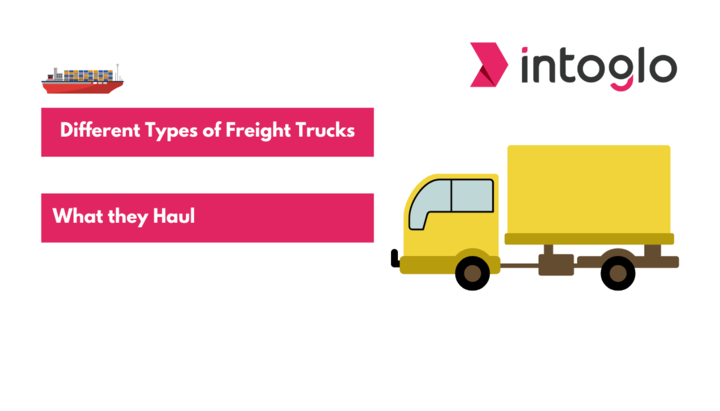
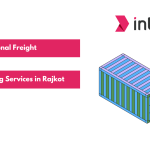

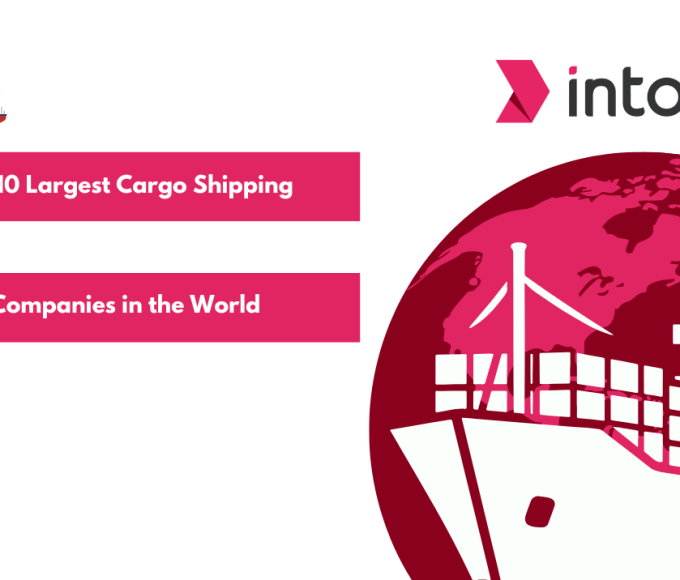
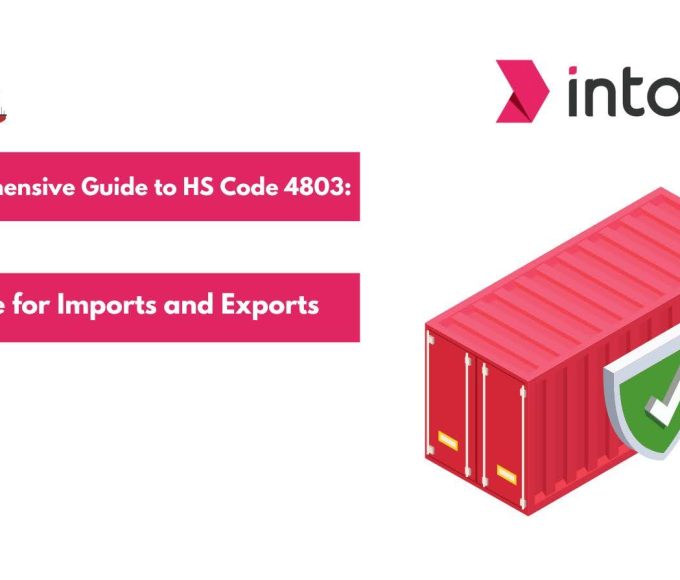
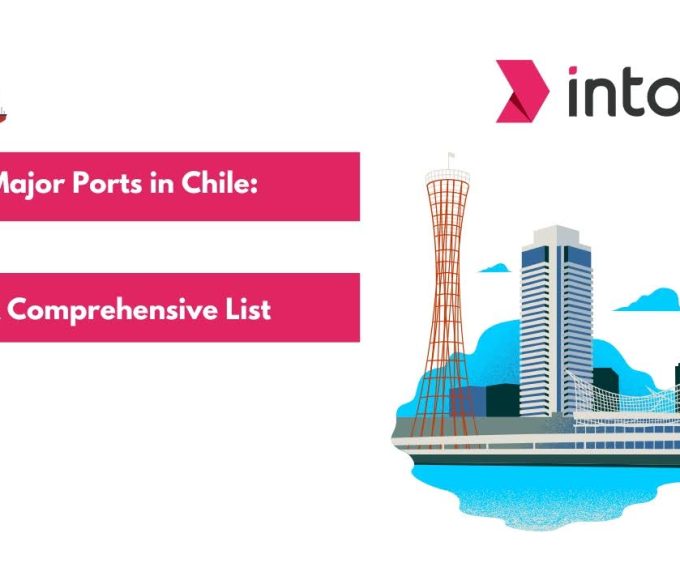
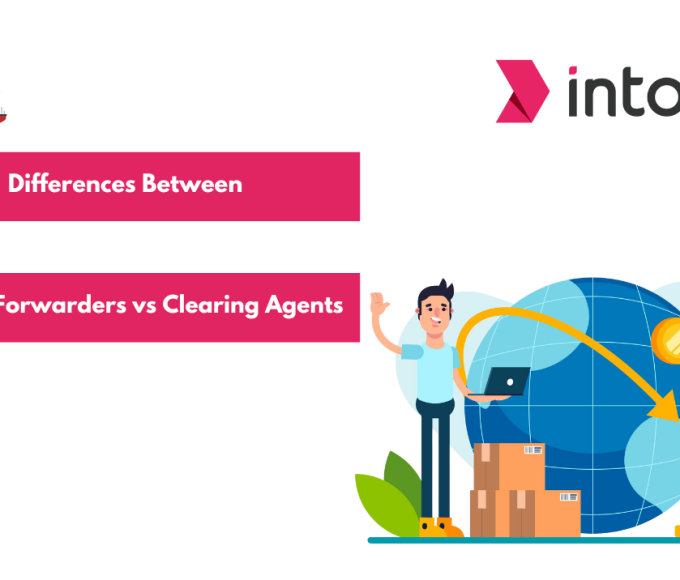
Leave a comment